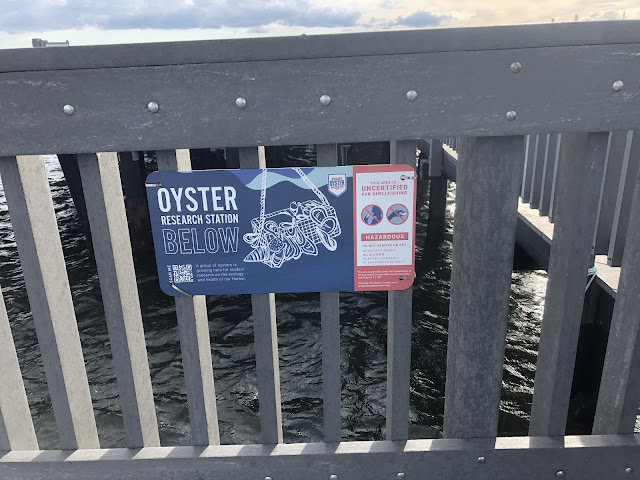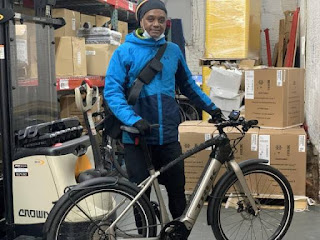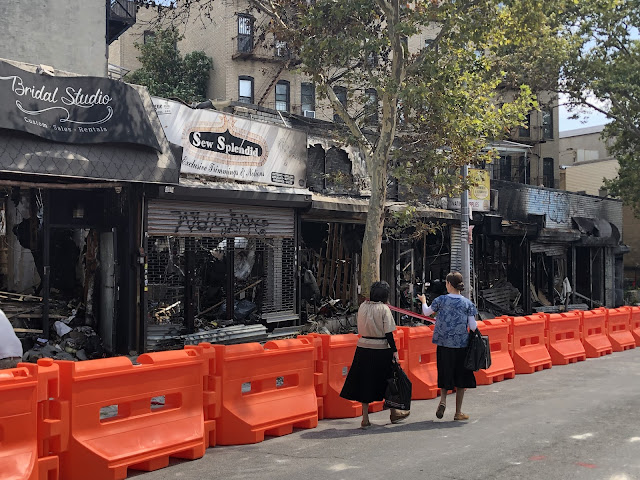As a teenager, I taught myself bicycle repair and maintenance, in part, because I envisioned taking off, alone, on two wheels across cities, villages, mountains and valleys; along rivers and seashores and across often-arbitrary borders.
I taken such rides, whether they lasted minutes or months, and found myself far from any bike shop at all or—as was the case in much of the US during the 70s or 80s—a shop that had Allen wrenches (“hex keys”) and inner tubes with Presta valves, or one in which the employees even knew what they were.
Even when I wasn’t far from home or a well-stocked bicycle shop with knowledgeable employees, I was happy that I learned to fix flats, adjust gears and brakes, and to do the other things needed to keep a bike running smoothly and safely. That knowledge enhanced something that bicycling itself has given me: a sense of independence. My bike can take me where I want and need to go; the skills I learned from books, manuals and trial-and-error would ensure that I wouldn’t be stranded.
I must admit, however, that I was willing acquire such facilities in part because they are mechanical—and, in the ways of thinking I was inculcated with, masculine. You see, as much as I knew myself to be female, I was living, and would live for many more years, as male. It was the mid-1970s, but the schools and communities of which I was part hadn’t embraced the second-wave feminism that Betty Freidan, Gloria Steinem and other female activists and scholars shaped during the previous decade. In fact, many of us weren’t even aware of, for example, the Women’s Studies programs that were beginning in many colleges and universities.
So I didn’t learn technical “feminine” skills like sewing and learned some basic cooking skills from furtive glances at my mother’s and grandmother’s work. I guess, on some level, I thought that while women did most of the world’s food preparation, men doing it was OK because, well, chefs.
I mention all of this because the perceptions that (mis)guided my actions weren’t so different from the ones Maria Ward had to deal with eight decades earlier.
Ms. Ward knew that the bicycle could, and would—as Susan B. Anthony would proclaim—do more to liberate women than just about anything else. But she also saw that it wasn’t enough to design less-restrictive clothing for women or to allow us to ride without male escorts. She understood that for a woman to truly experience the independence cycling offers, she would also need to know to buy and maintain, as well as ride, a bicycle.
To that end, she wrote “Bicycling for Ladies,” published in 1896. It’s believed to be the first definitive guide for female cyclists—and, one and a quarter centuries later, one of the few of its kind.
I am writing, in the middle of Women’s History Month, about Maria Ward and her book because her endeavors are not only relevant for cycling: She made one of the many contributions necessary to effect the sort of change in ways of thinking that takes long, hard work. I am grateful for that, even if I wouldn’t have known how to apply it in my own life. And I imagine Ms. Ward would be happy that at least one more woman knows how to maintain her bike. But I wonder what she would make of the fact that I acquired those skills while living as a young male. I suspect, however , she wouldn’t chastise me because I still haven’t learned how to sew!

































